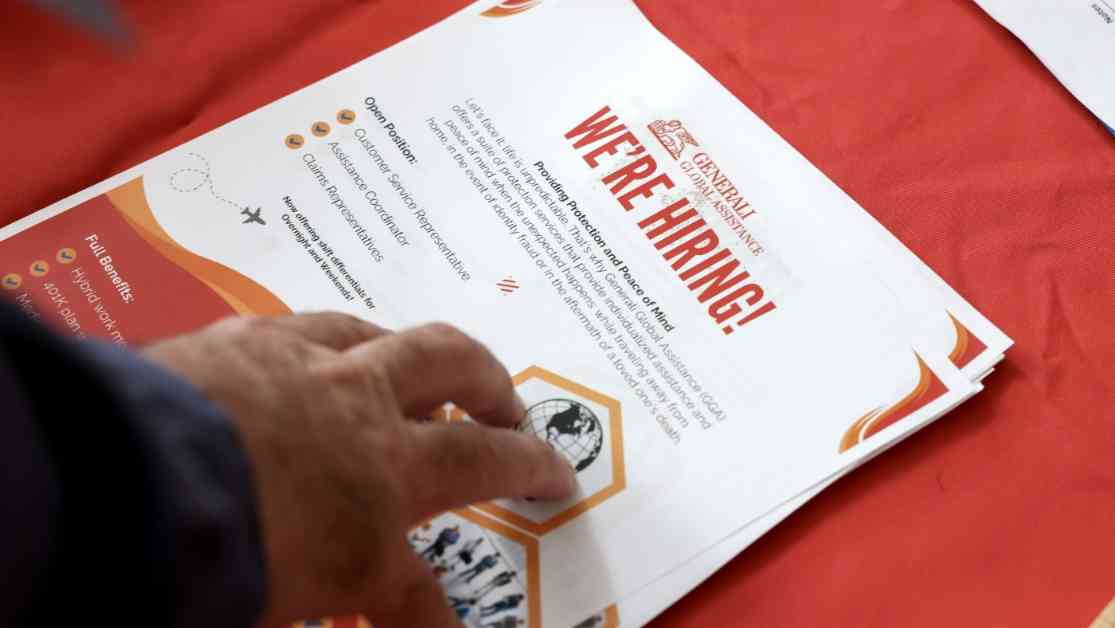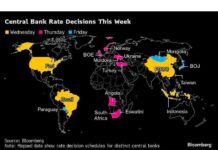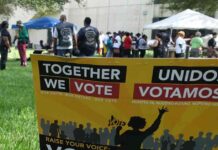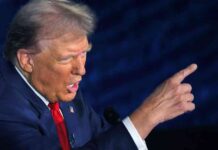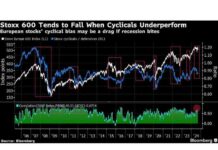So, like, there was this Mega JobNewsUSA South Florida Job Fair at the Amerant Bank Arena in Sunrise, Fl., on April 30, 2025, and they had this ‘we’re hiring’ pamphlet going around. Employers were still adding jobs in April, even with Trump’s trade war causing some issues for the economy.
According to the Labor Department, U.S. employers added 177,000 jobs last month, which was a bit less than the 185,000 jobs added in the previous month. But hey, it was better than what people thought would happen with the trade war going on. The unemployment rate stayed put at 4.2%, even though more than half-a-million people jumped back into the workforce.
In April, jobs were popping up in hospitals, restaurants, and warehouses, but the federal government was still letting go of some workers. They also revised down the employment gains for February and March by a total of 58,000 jobs.
So, Trump decided to drop some new tariffs at the start of last month. Some of those import taxes got suspended later on, but the overall average tariff rate is the highest it’s been since the Great Depression. The International Monetary Fund is all like, “Yo, these tariffs are gonna make things more expensive and slow down the economy.”
The stock market has already taken a hit because of the trade war. As of Thursday, the S&P 500 index was down about 6.5% from when Trump got inaugurated. Consumers are also feeling kinda down about things, with consumer confidence hitting its lowest level since the pandemic started.
Manufacturers are really feeling the heat too. They’re cutting jobs and seeing a decline in factory orders and output. Prices are going up, and everyone’s biggest worry is those tariffs.
When Trump announced those tariffs on April 2, the economy was already struggling. The first quarter of the year saw a decrease in economic output as everyone started preparing for the trade war.
The job market is gonna play a big role in whether the economy bounces back or keeps going downhill. As long as people are working and making money, they’ll keep spending, which drives the economy. But if employment takes a nosedive or people are worried about losing their jobs, spending might slow down and push the economy into a recession.
Average wages in April were up by 3.8% from a year ago, which is pretty similar to the gains seen in March. It’s probably more than enough to cover the rising prices.
So, yeah, April wasn’t the best month for the job market, but hey, at least things didn’t completely tank. Let’s see what happens next.

